Ottawa, February 19, 2025 – A surprise tariff threat from former U.S. President Donald Trump has upended this year’s Canadian election landscape, turning what appeared to be a clear path to victory for the opposition Conservatives into a nail-biting contest that could result in a minority government
For 18 months, the right-leaning Conservatives led by Pierre Poilievre enjoyed a comfortable double-digit advantage over Prime Minister Justin Trudeau’s Liberals—a government accused of mismanaging Canada after nearly a decade in power. However, recent developments have dramatically altered the electoral calculus.
In a high-profile announcement last month, Trudeau resigned from the premiership, triggering a leadership contest within the Liberal Party. At the same time, Trump vowed to impose potentially crippling tariffs on all imports from Canada—a move that experts believe could inflict significant economic pain, particularly by increasing living costs for Canadians.
“When you look at the changes over the past four weeks it’s basically a whole new world… the big change is Trump,” said Nik Nanos, founder of Nanos Research. A recent poll by his firm now shows Conservatives with 39% public support compared to 32% for the Liberals, a gap that raises the possibility that the Conservatives might fail to secure a majority in the 343-seat House of Commons.
Should that occur, Canada would see the formation of a fragile minority government—one that critics say would be preoccupied with political survival rather than addressing pressing issues such as energy policy, mineral resource management, and maintaining strong trade relations with its largest partner, the United States.
In an effort to capitalize on the controversy, the Liberals released a 35-second advertisement drawing stark parallels between Poilievre and Trump. The ad, beginning with the question “How can you speak for Canada when you sound like Donald Trump?”, featured clips of both leaders using similar rhetoric and gestures, aiming to cast Poilievre as an out-of-touch populist.
Notably, Trump’s tariff threat has resonated with some Conservative supporters. Poilievre, who has long criticized Trudeau’s policies for leaving the economy weakened and the country burdened with a housing crisis, declared in a speech on Saturday that the tariff threat has “proven Conservatives right on everything.” His remarks came despite media calls to modify his “Broken Canada” narrative in light of the new challenges.
Meanwhile, the Liberal leadership race intensifies with frontrunners former finance minister Chrystia Freeland and ex-central banker Mark Carney promising to scrap the federal carbon tax—a central plank of the previous Conservative platform—and to stand firm against Trump’s aggressive trade stance. Carney recently hinted at the possibility of calling an immediate election if he secures the Liberal leadership, a move aimed at securing a mandate to counter the tariff threat, though such a step might leave little time for the Conservatives to recalibrate their strategy.
For some, the evolving campaign underscores a broader sentiment of economic anxiety among Canadians, particularly regarding the cost-of-living pressures. “Obviously, tariffs have an impact on that. But it’s not just tariffs, it’s the record of the last nine years of the Liberal government,” said Garry Keller, a former senior Conservative staffer now at public affairs consultancy Strategy Corp.
With the Liberals set to announce their new leader on March 9 and the election deadline looming on October 20, both parties are racing to define their platforms amid shifting public opinion. As the race tightens, it remains to be seen whether Poilievre’s recalibration towards a “Canada First” message will secure a majority or lead to a protracted minority government in the coming election.
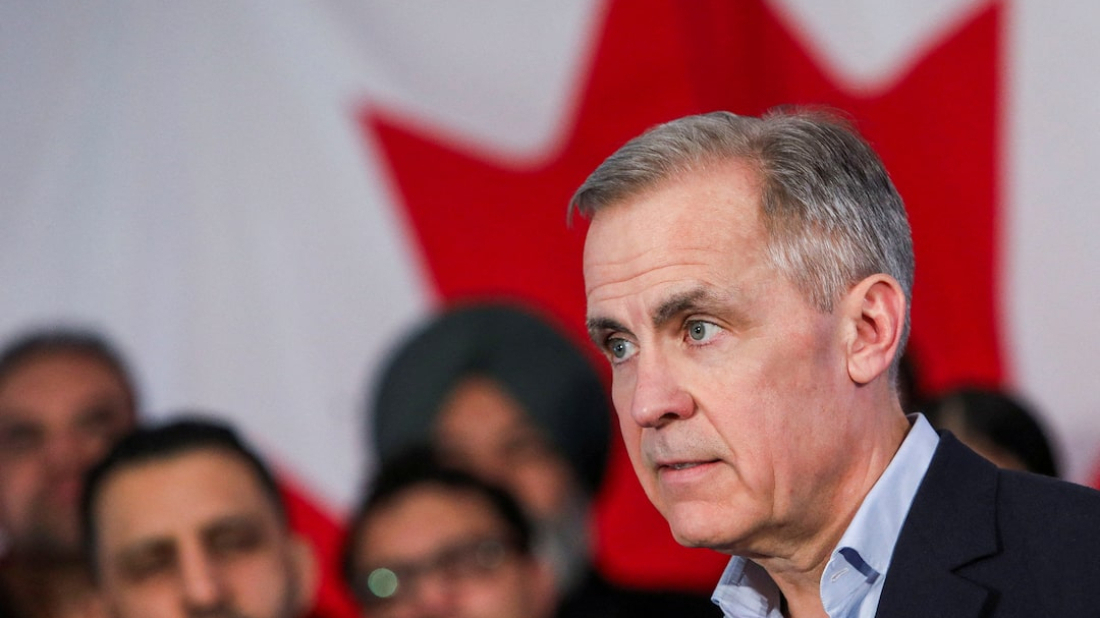
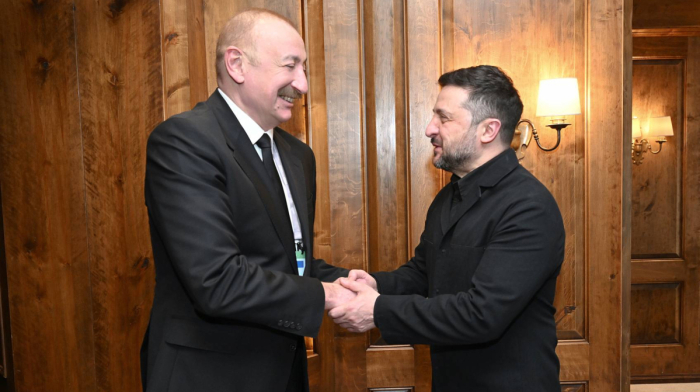
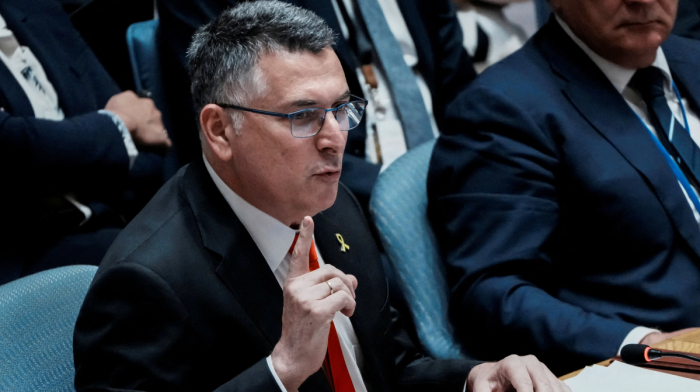
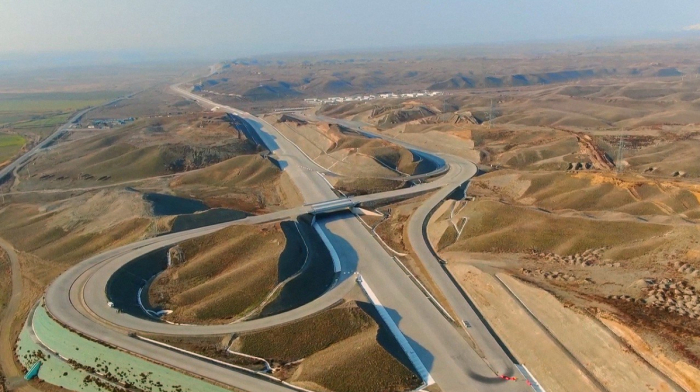
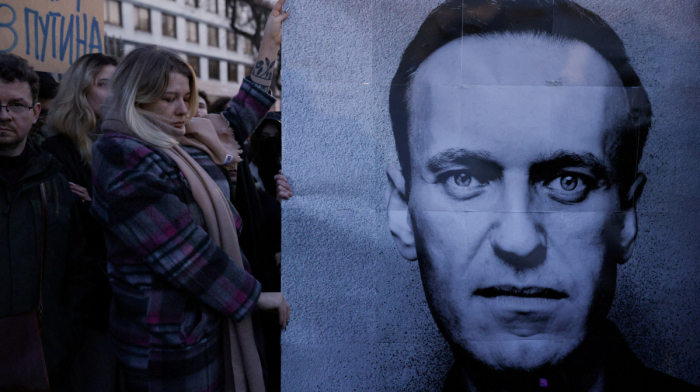
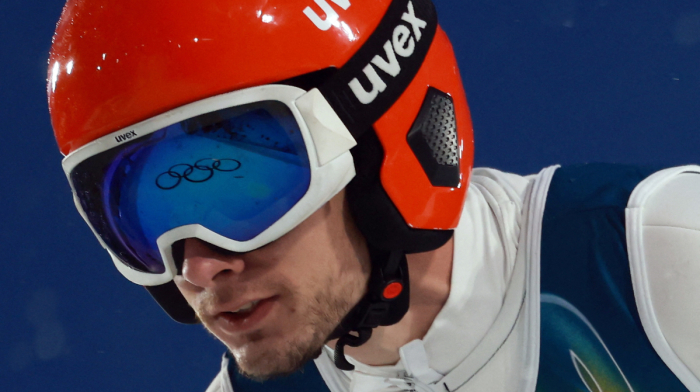

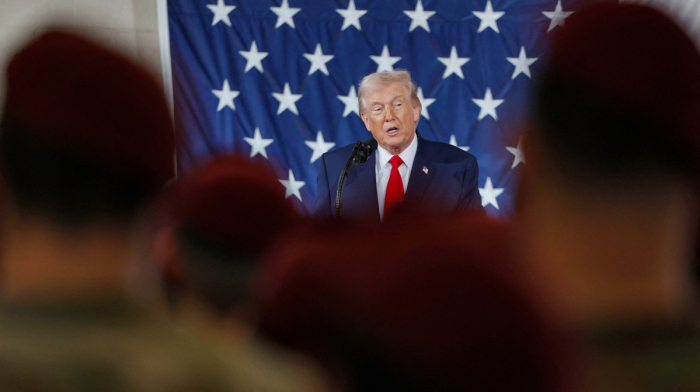
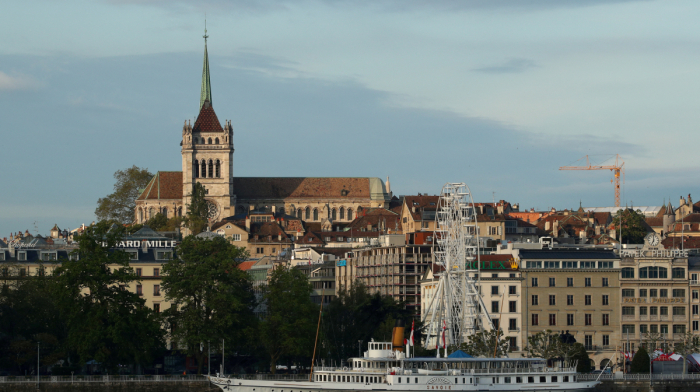
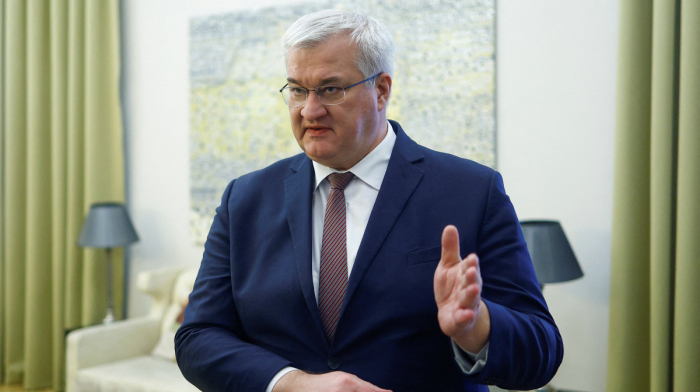
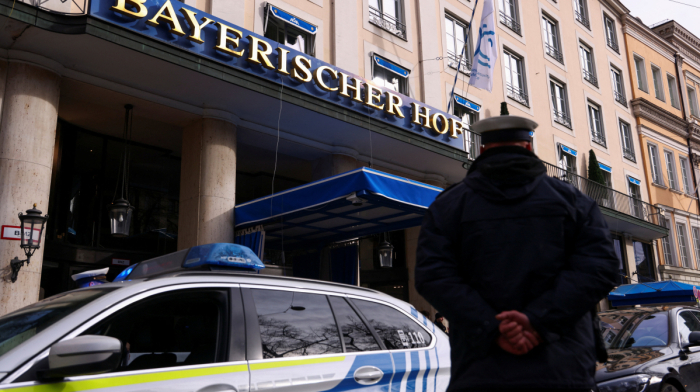
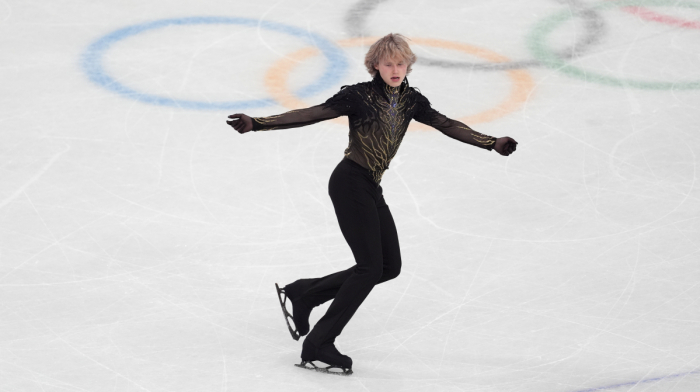
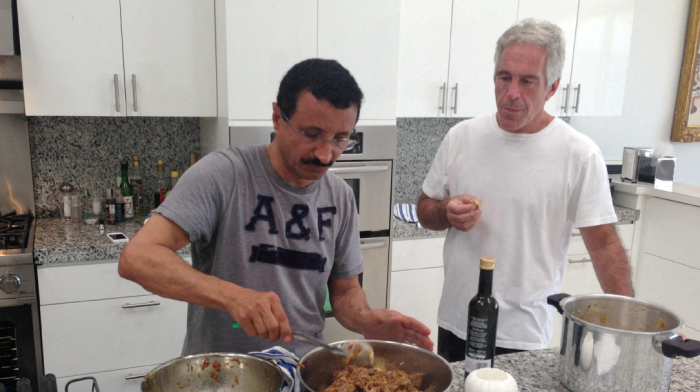
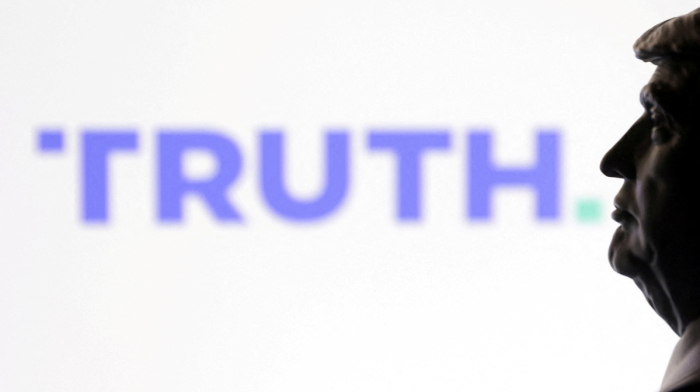
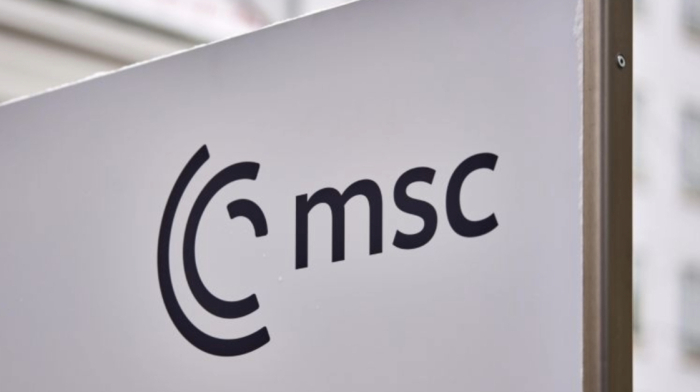



What is your opinion on this topic?
Leave the first comment